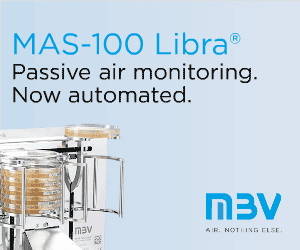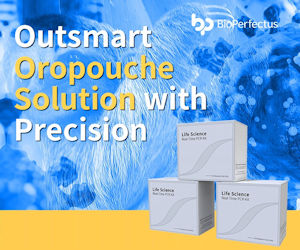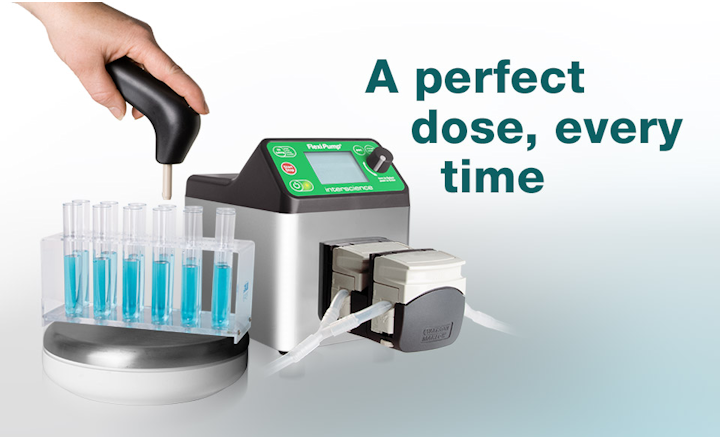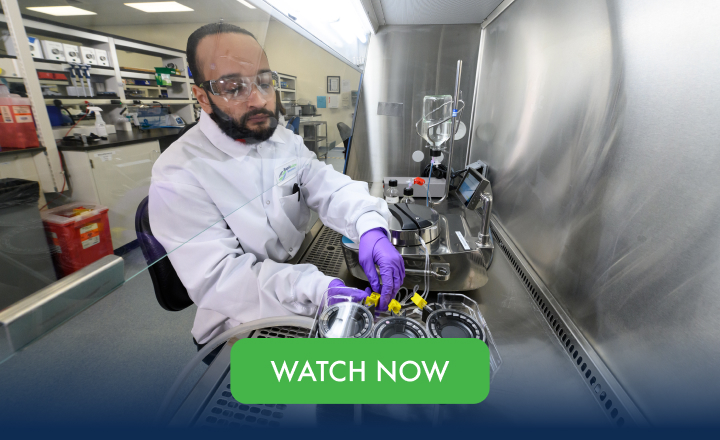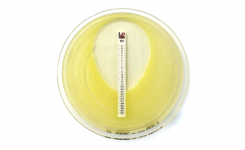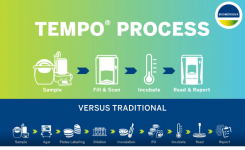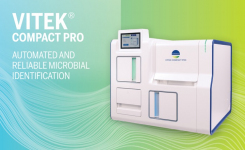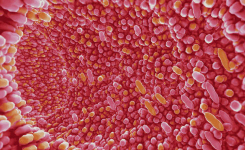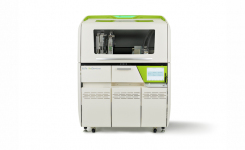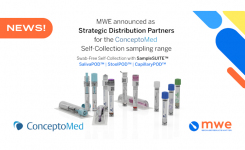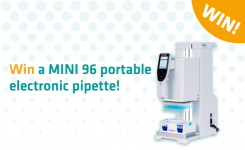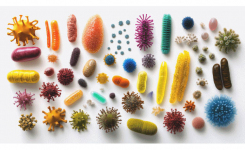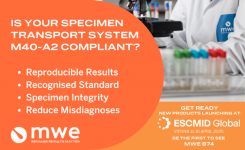 The Seward Stomacher® has long been used in the preparation of faecal samples for a variety of analyses, in addition to microbiology, in the medical and bioresearch fields. A notable new application is the use of Seward’s products in the emerging field of faecal flora transplants.
The Seward Stomacher® has long been used in the preparation of faecal samples for a variety of analyses, in addition to microbiology, in the medical and bioresearch fields. A notable new application is the use of Seward’s products in the emerging field of faecal flora transplants.
The claim that ingestion of “friendly bacteria” in food products confers beneficial effects has been controversial. In healthy individuals the evidence is dubious. However, in patients that have a depleted or altered gut flora as a result of antibiotic treatment to prevent nosocomial infection, the indications are positive, particularly in relation to Clostridium difficile. This has led to the concept of faecal transplants, whereby homogenised faeces from a healthy individual are either ingested or delivered by enema to a depleted individual. The method has been scrutinised by NICE and recommendations presented on its website.1
“Seward has supplied Stomacher units for preparation of faecal samples for a variety of applications over the years and we are now see an increasing interest in the field of faecal transplant inocula,” commented Stuart Ray, Technical Director, Seward. “We can offer a specific reference site where the Stomacher is being used in the preparation of faecal transplant inocula, as well as contact with a research group that has worked extensively and successfully with our products in this emerging field.”
All the aspects of the Stomacher blending principle that make it ideal for microbiology sample preparation - including no cross contamination risk and sealed disposable blending vessels preventing aerosols - also make it perfect for processing unpleasant or highly infectious samples such as faeces. Furthermore, the simplicity of performance and user comfort has seen the Stomacher used in a variety of other procedures where faeces are the sample source. These include faecal dietary fat analysis and faecal sample analysis for genotoxic compounds linked to bowel cancer.
The analysis of fat in faeces was the first non-microbiological analysis to be improved by the Stomacher. This technique was developed to measure how effectively the gut is functioning in relation to its expected performance in absorption of nutrients. Since it uses robust and disposable Stomacher bags, the Stomacher provides a hygienic and infinitely less unpleasant method of preparing a reliably homogenised stool specimen than other mechanical methods. The technique itself is a simple “before and after test” of fat content in the sample ingested and vacated.2
Bowel cancer affects more than 40,000 people a year in the UK alone. A potential cause of bowel cancer has been identified as genotoxic compounds in the patients’ faeces, including bile acids and a range of other potentially DNA strand breaking compounds. The research opens the possibility of managing the conditions in the gut to reduce the potential incidence of these compounds which cause polyps with the potential to become tumours.3 Both the Stomacher 400 and 80 machines have been used in these areas of biochemical research and Seward can support researchers with more specific references and published papers.
For more information on Seward, please visit www.seward.co.uk.
References: 1. www.nice.org.uk/guidance/ipg485 2. seward.co.uk/resources/wp-content/uploads/sites/3/2013/03/clinical-chemistry-oncology-faeces-bile-acids-stomacher-400.pdf 3. jcp.bmj.com/content/36/12/1362.full.pdf


